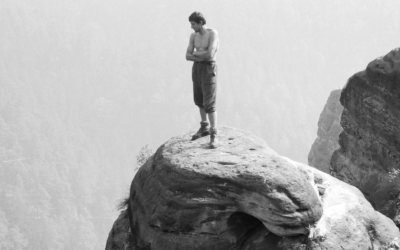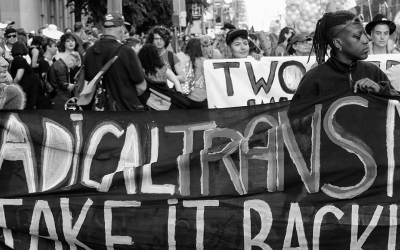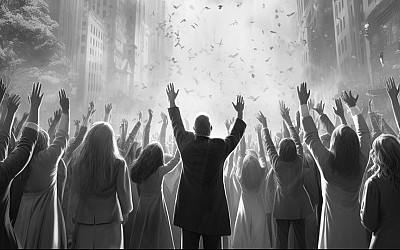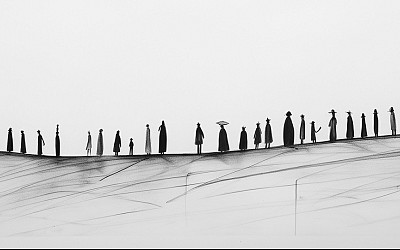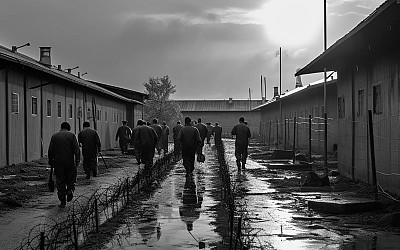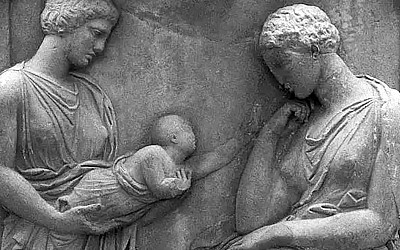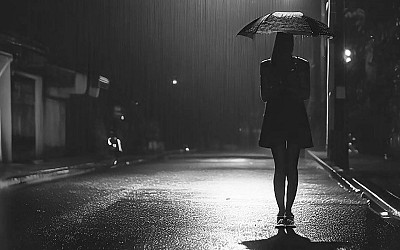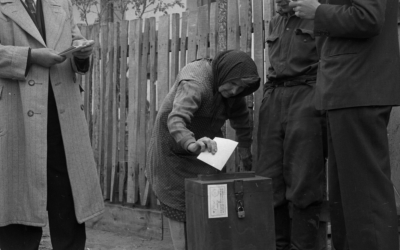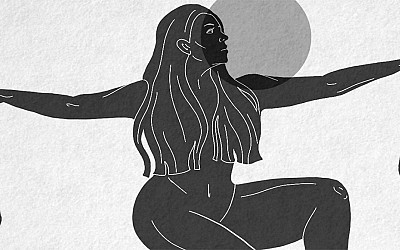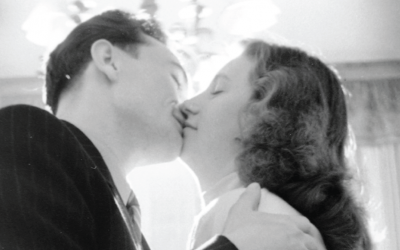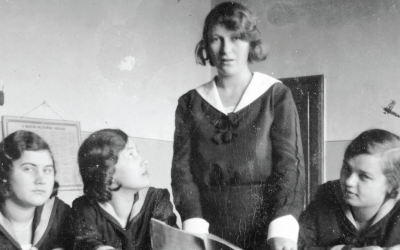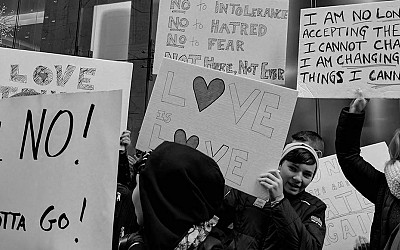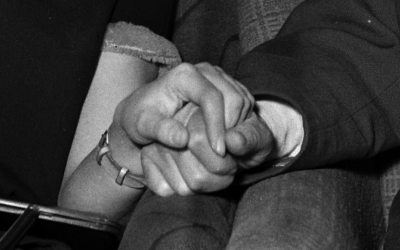Essays
Latest | Popular
-
Anand Vaidya on temporality and the transformative experience of a terminal illness diagnosis
-
Anand Vaidya considers whether LLMs, such as ChatGPT, care about the truth.
-
Gary L. Francione on transgender-rights, equality claims, belief claims, and liberal pluralism.
-
Paul Sagar explains how Hume can help us understand the appeal of conspiracy theories
-
Robbie Kubala on the crossword puzzle as aesthetic experience.
-
Jane Clare Jones argues, contra MacKinnon, that decoupling sex and gender deprives feminist analysis of its explanatory power.
-
Jo Phoenix examines how a woman’s journey through the criminal justice system is structured by profound sex-based inequalities.
-
Clare Marie Moriarty reflects on philosophy and motherhood in a tribute to Professor Maria Rosa Antognazza.
-
Justin Garson on the philosophy of madness, and the importance of listening to what madness is trying to say.
-
Holly Lawford-Smith considers whether gender identity should replace sex as the core concept of feminism
-
Victoria Smith on the depoliticisation of female body hatred.
-
Russell Blackford on a new kerfuffle in New South Wales.
-
Anand Vaidya on temporality and the transformative experience of a terminal illness diagnosis
-
Anand Vaidya considers whether LLMs, such as ChatGPT, care about the truth.
-
Gary L. Francione on transgender-rights, equality claims, belief claims, and liberal pluralism.
-
Paul Sagar explains how Hume can help us understand the appeal of conspiracy theories
-
Robbie Kubala on the crossword puzzle as aesthetic experience.
-
Jane Clare Jones argues, contra MacKinnon, that decoupling sex and gender deprives feminist analysis of its explanatory power.
-
Jo Phoenix examines how a woman’s journey through the criminal justice system is structured by profound sex-based inequalities.
-
Clare Marie Moriarty reflects on philosophy and motherhood in a tribute to Professor Maria Rosa Antognazza.
-
Justin Garson on the philosophy of madness, and the importance of listening to what madness is trying to say.
-
Holly Lawford-Smith considers whether gender identity should replace sex as the core concept of feminism
-
Victoria Smith on the depoliticisation of female body hatred.
-
Russell Blackford on a new kerfuffle in New South Wales.
Get philosophy straight to your inbox.
Join our mailing list.
Get philosophy straight to your inbox.
Join our mailing list.
-
“Older and Wiser” is a common adage, but is it correct, asks Christine Overall
-
Anand Jayprakash Vaidya considers the "one truly serious philosophical problem".
-
Russell Blackford sees no need for euphemism when talking about biological categories.
-
Jonathan Wolff argues that the superrich are not the only beneficiaries of systemic economic inequality.
-
Victoria Brooks argues for an ethics of care that encompasses the mistress.
-
Ethics bowl founder, Robert F. Ladenson, outlines its ethical and educational objectives
-
Ian Olasov argues that the case for socialism rests on widely shared premises and values.
-
Nemo Outis on the perils of loving Bertrand Russell.
-
Ten philosophers consider how COVID has impacted the life of the city.
-
“Older and Wiser” is a common adage, but is it correct, asks Christine Overall
-
Anand Jayprakash Vaidya considers the "one truly serious philosophical problem".
-
Russell Blackford sees no need for euphemism when talking about biological categories.
-
Jonathan Wolff argues that the superrich are not the only beneficiaries of systemic economic inequality.
-
Victoria Brooks argues for an ethics of care that encompasses the mistress.
-
Ethics bowl founder, Robert F. Ladenson, outlines its ethical and educational objectives
-
Ian Olasov argues that the case for socialism rests on widely shared premises and values.
-
Nemo Outis on the perils of loving Bertrand Russell.
-
Ten philosophers consider how COVID has impacted the life of the city.
The Philosophers’ Magazine is an independent quarterly, founded by Julian Baggini and Jeremy Stangroom in 1997. We’re devoted to publishing philosophy that’s clear, enlightening, and thought-provoking.
Copyright © 2017 The Philosophers' Magazine Unless specified, images courtesy of FORTEPAN

